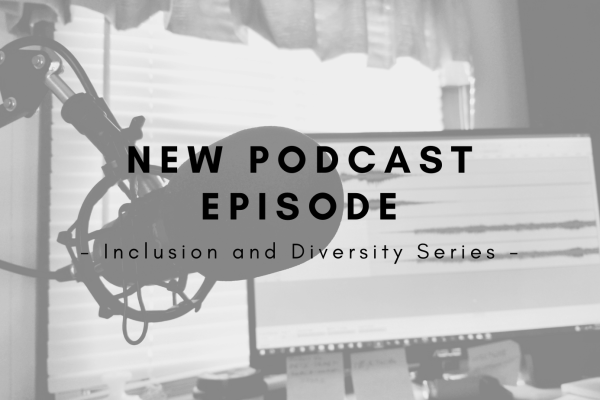As inclusivity is a core value of CHARM-EU, we wanted to create a series within the CHARM-EU Podcast where we take a closer look into the past, present, and future of inclusion and diversity in higher education and our Alliance.

To discuss these crucial topics, we sat down with Ágnes Sarolta Fazekas, leader of WP6 (Inclusiveness) at CHARM-EU, who kindly shared her expert knowledge on inclusivity and diversity in the higher education sector.
In the first episode of the series, our guest Ágnes introduces herself and shares her personal story that led her to become an expert in the field of inclusion and diversity. She also discussed what these terms personally mean to her. Furthermore, she shared a bit about how the inclusion and diversity agenda has been developing in higher education and explains what successes and challenges higher education have faced in these fields.
The second episode of the series takes a deep dive into the question of how the social inclusion agenda has evolved in the European Union, especially in the higher education sector. Furthermore, Ágnes explores how she envisioned the work of Work Package 6, inclusiveness to unfold in CHARM-EU, what are the challenges and enablers for mainstreaming inclusion and access and participation of a diverse student base in higher education, especially across Europe.
Tune into our podcast series on inclusion and diversity and find out more here.
Ágnes Sarolta Fazekas is an assistant professor, ELTE Eötvös Loránd University, Bárczi Gusztáv Faculty of Special Needs Education, Institute for Disability and Social Participation.
For any inclusion and diversity topics or questions, please do not hesitate to contact her at:
Email: fazekas.agnes.sarolta@barczi.elte.hu
Linkedin: https://www.linkedin.com/in/agnes-sarolta-fazekas/;
Twitter: https://twitter.com/agnessarolta
Instagram: https://www.instagram.com/agnessarolta88/